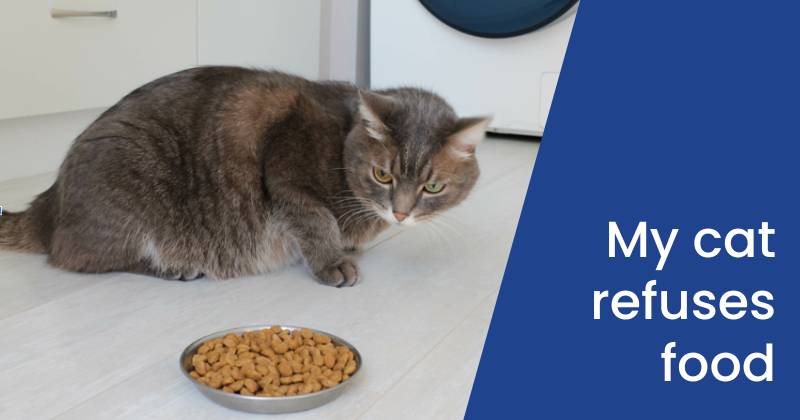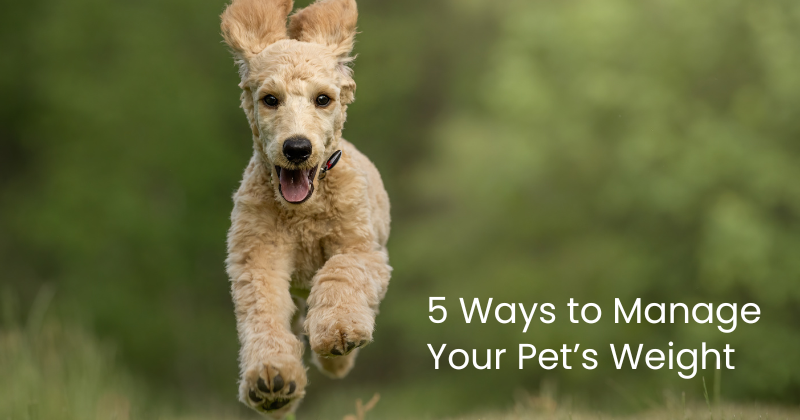
As a pet owner, few things are as concerning as seeing your cat suddenly refuse food. Cats are known for their particular eating habits, but when your cat won't eat, it can raise alarm bells. Is this just a phase, or is something more serious at play? Let’s explore why your cat may be avoiding their food and when it’s time to call your vet.
There are several reasons why a cat won't eat, ranging from minor issues to more serious health concerns. While it might be tempting to brush off a missed meal, it’s important to pay close attention to your cat’s behavior.
Cats are highly sensitive to their environment, and even small changes can disrupt their eating habits. Moving to a new home, bringing in a new pet, or even rearranging furniture can trigger stress. A stressed cat may refuse food as part of their response to these changes.
Cats can develop conditions like gingivitis, tooth decay, or even abscesses, all of which make eating painful. If your cat shows signs of discomfort while trying to eat, or if they only chew on one side of their mouth, dental problems could be to blame.
Upset stomachs, nausea, or more serious gastrointestinal problems like inflammatory bowel disease (IBD) may cause a cat to lose interest in food. Cats are often very sensitive to the textures and smells of their food, and digestive discomfort can lead them to avoid eating altogether.
If your cat won’t eat for more than 24 hours, it’s time to take action. Cats can develop a serious condition called hepatic lipidosis (also known as fatty liver disease) when they go without food for too long. This condition is potentially life-threatening and requires prompt veterinary care.
A missed meal here and there might not be a big deal, but if your cat hasn't eaten for an entire day, this is cause for concern. Unlike dogs or humans, cats can’t go as long without food before their health starts to suffer. If your cat won't eat and this continues for more than 24 to 48 hours, it's critical to contact your vet.
In addition to a lack of appetite, there are other signs that something more serious may be happening with your cat. Look for changes in energy levels, vomiting, diarrhea, or signs of pain. These symptoms, combined with a loss of appetite, could point to underlying health issues that require immediate attention.
If your cat won’t eat, an underlying illness could be the culprit. Cats are masters at hiding pain and illness, so appetite changes may be one of the first signs you notice that something isn’t right.
Cats with kidney issues may also drink more water, urinate more frequently, or become lethargic. If your cat won't eat and you notice these symptoms, a vet visit is recommended.
Diabetes in cats can lead to both an increase or a decrease in appetite, depending on how advanced the condition is. Along with changes in eating habits, other signs of diabetes include excessive thirst and weight loss. If you’re noticing these alongside your cat’s refusal to eat, contacting your veterinarian is a smart next step.
Cats rely heavily on their sense of smell to eat, and a respiratory infection can interfere with this. If your cat has a stuffy nose or difficulty breathing, they might refuse food simply because they can't smell it. Respiratory issues can be serious, especially if your cat stops eating altogether.
If your cat won't eat, and the above suggestions don't help, it's time to seek veterinary care. It's always better to err on the side of caution, especially since cats can rapidly decline without food. Your veterinarian can diagnose the underlying cause and provide the treatment your cat needs to get back on track.
When you bring your cat to the vet, they’ll likely perform a physical exam and may recommend diagnostic tests such as bloodwork, X-rays, or an ultrasound. These tests can help identify underlying health issues like organ dysfunction, infections, or other medical conditions that could explain why your cat won’t eat.
Whether your cat won’t eat due to stress, illness, or another factor, prompt action can help them return to their normal routine. Loss of appetite is always a sign that something is off, and waiting too long to address it can lead to serious health complications. If your cat won't eat and you're not sure why, contact East Metro Animal Emergency Clinic at (678) 212-0300 for professional advice and care. Getting to the root of the issue as soon as possible ensures your cat can return to their happy, healthy self.
